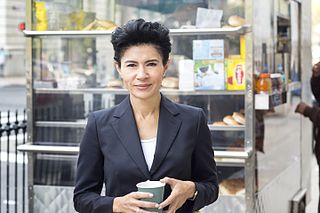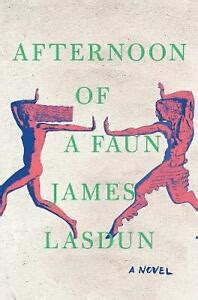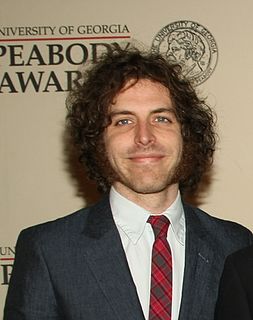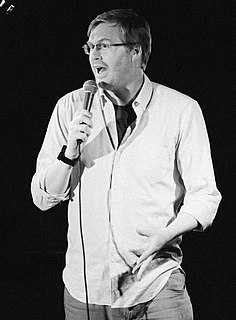A Quote by Sadie Jones
I remember people saying: 'You look funny, your hair is so black, you have a flat nose,' but I didn't think of it being racism, and I still don't. But there was a sense of difference, of being an outsider.
Related Quotes
When I have my Afro and walk down the street, there's no doubt that I'm black. With this [straightened] hair, if I talk about being black on air, viewers write and say, "You're black?!" I feel [straightening your hair] is giving up a sense of your identity. Let's be honest: It's an effort to look Anglo-Saxon.
Black is confusing. Where does the line start and stop with what is black and what isn't black? People that are mixed-race, or, imagine being from Sri Lanka or Bangladesh, people might say you're black but your features are so non-black, like you've got straight hair, you've got like a sharper nose, or such.
I wanted to make sure the focus [in The Land] was on human beings themselves and their decisions, but still connected to the urban environment that people associate as being black. I think I was able to make a film without commenting on "black this or black that" and you still feel the presence of it. There's no one character who's saying "we're all black and we're all in this struggle." It's that you just feel it. Some of that is because we get the sense from a lot of independent films that black people struggle all the time.
America as a setting seems inexhaustibly fascinating to me, and I think there's something about the outsider viewpoint that works for me. Being of Jewish descent in England always carried a vague sense of being foreign, while not being a practicing Jew made it hard to think of myself as fully Jewish either. So living here in a way just clarifies that terminal outsider position - makes it somehow official, which I like.
I did think Justice [Antony] Kennedy's opinion on Lawrence was critical to that because it really, what Lawrence in one sense was, of course, about consensual sex being something that the government can't regulate. But really in a more fundamental sense, what it was saying, "Look. Gay people are normal people, and they get to live normal lives. They're not criminals by virtue of the fact of being gay."
I remember reading in a comedy book very long ago when I first started, a person said there's a difference between a sense of humor and a sense of funny. A sense of humor is knowing what makes you laugh and a sense of funny is knowing what makes other people laugh. The journey of comedy, in a sense, is negotiating those two worlds.







































